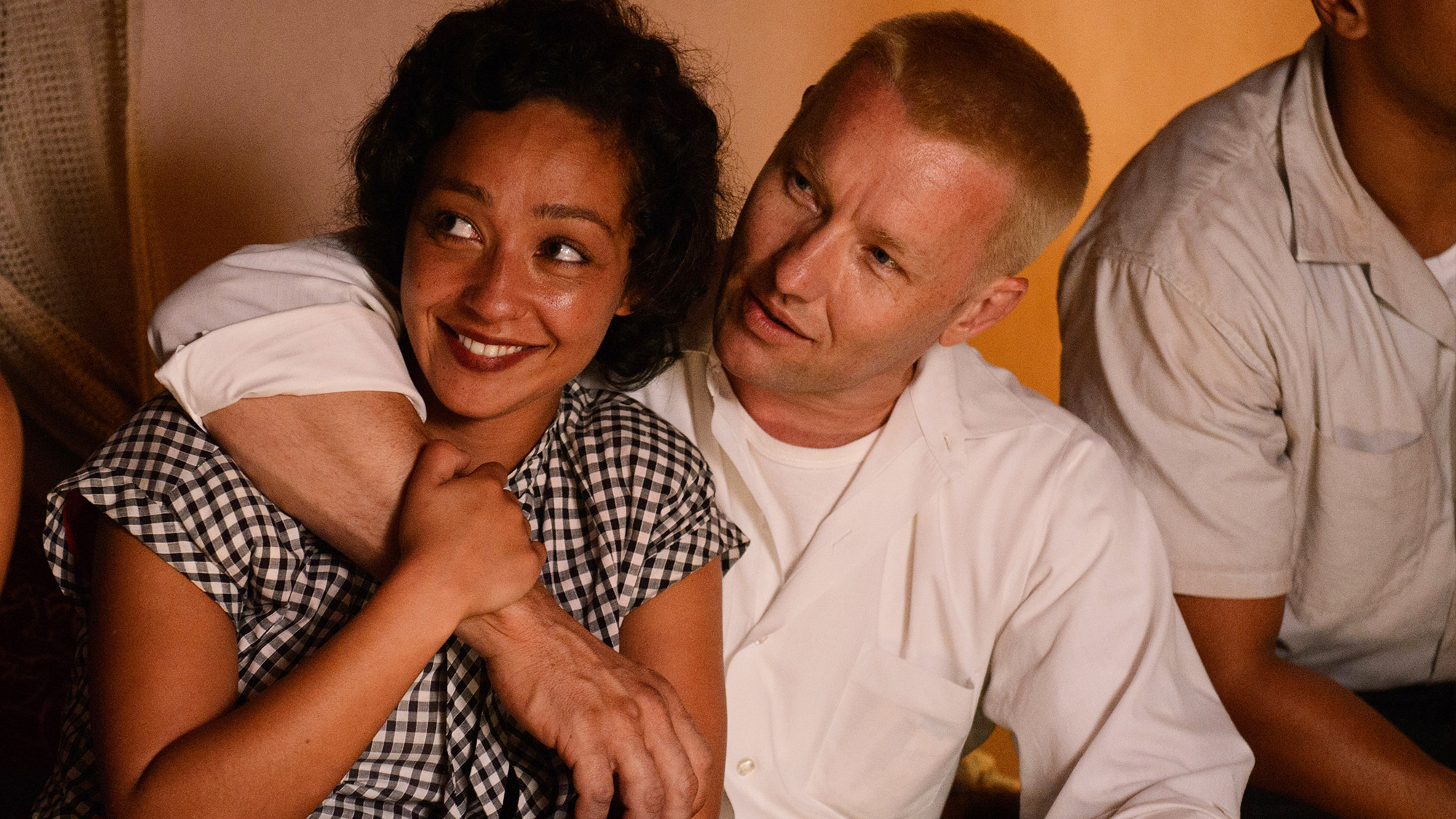
It is a striking irony that the movie Loving, which depicts the personal side of the legal battle to end laws prohibiting interracial marriage, comes out just as the United States’ presidential election illuminated the persistence of racial and social divides in our nation.
The film tells the story of Mildred Jeter and Richard Loving. Jeter was Black and Loving was white. After marrying in Washington, D.C. in 1958, the couple returned home to Virginia. In the middle of the night just five weeks after their wedding, the local police raided their home and arrested them for daring to live as man and wife. The couple pled guilty to breaking the state’s Racial Integrity Act, and a local judge gave them a choice: Leave Virginia or go to prison.
The Lovings moved to Washington, D.C. For five years, but were rearrested while visiting family in Virginia. This time, however, the couple fought back. Inspired by the civil rights movement, Mildred wrote to Attorney General Robert F. Kennedy for help. He directed her to the American Civil Liberties Union (my current employer, in full disclosure), which took the case to the Supreme Court. In 1967, the court unanimously struck down all state bans on interracial marriage.
In today’s divided America, we can see how reaction to Loving can serve as a litmus test for viewers and their views on race. Perhaps the film is a reminder of how far we have come as a nation since Mildred and Richard Loving’s marriage was judged illegal simply because of their races. Or, when viewed against the backdrop of the recent election, perhaps the film serves as a bitter reminder of how far we still have to go to confront the legacy of deeply-entrenched discrimination. And the movie may be seen in some quarters as glorifying a love that no government should legally allow.
The strong link between fear and discrimination binds together the Loving era to the present-day. The Virginia anti-miscegenation law which criminalized the Loving’s marriage was the result of the centuries-old fear of black people, particularly their sexuality. The fear that black people — and particularly black men — were brutish, violent and hypersexual in large part spawned antebellum racial codes and the harsh Jim Crow laws that followed the Civil War. The fear of black men as rapists in waiting and the perceived need to protect the purity of white women from them was closely associated with many of the lynchings that plagued the nation for the majority of its history.
We cannot now know whether the outcome of the Loving case would have been different if the relationship had been between a black man and a white woman. But the absence of a black man did not insulate the couple from fear, hatred or from prosecution under the law. Indeed, the famous LIFE Magazine photograph of the couple kissing was probably not embraced by everyone in much the same way that photographs of same-sex couples kissing create outrage 50 years later among people threatened by the idea that gay people could love, too.
Clearly, neither the Loving decision nor the civil rights movement ended the fear and its resulting discrimination. The Loving film is hardly a celebration of how far we’ve come. Instead, it is a chilling reminder that the calls “to make America great again” signal a desire to take the nation back to some of our darkest moments as a country.
Most importantly, the movie should spur us to finish the battle against fear and the discrimination that it engendered so that we could become the truly great country which we all deserve, for we have been loving far too long to turn back now.
Dennis Parker is director of the Racial Justice Program at the American Civil Liberties Union.
MOTTO hosts provocative voices and influencers from various spheres. We welcome outside contributions. Opinions expressed do not necessarily reflect the views of our editors.
More Must-Reads from TIME
- Donald Trump Is TIME's 2024 Person of the Year
- Why We Chose Trump as Person of the Year
- Is Intermittent Fasting Good or Bad for You?
- The 100 Must-Read Books of 2024
- The 20 Best Christmas TV Episodes
- Column: If Optimism Feels Ridiculous Now, Try Hope
- The Future of Climate Action Is Trade Policy
- Merle Bombardieri Is Helping People Make the Baby Decision
Contact us at letters@time.com